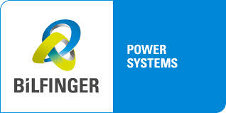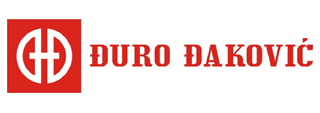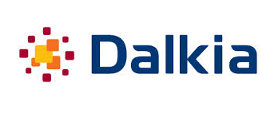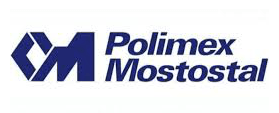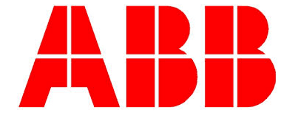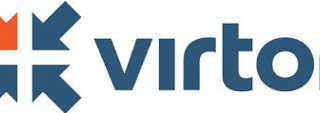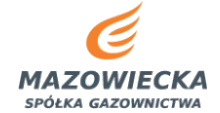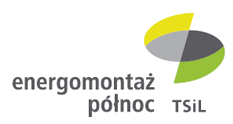Positive Material Identification (PMI)
Positive Material Identification — image gallery
Why choose us?
- We deliver on our promises – when we say we’ll do something, we do it!
- Flexible service with quick turnaround times
- Independent and impartial testing
- Successful track record of delivering NDT services to various industries including large-scale industrial projects for global clients
- Highly trained and certified, multi-disciplined specialists
- Modern and always well-calibrated equipment
- Testing performed according to the written procedures approved by a level III NDT engineer
- Quality of service verified and confirmed by the approvals of the independent certification bodies
- Always ready to answer questions on testing and quality assurance
Service Information
Positive material identification (PMI)
Positive material identification (PMI) is an essential non-destructive testing (NDT) method utilized to verify that supplied materials conform to the proper standards and specifications.
Each time raw material changes hands from alloy fabricator, through subcontractors and prefabrication shops, to erection site the opportunity for error increases, resulting in questionable material quality. With Positive Material Identification (PMI) the alloy composition, and thus, the identity of materials can be determined. If a material certificate is missing or not clear and one needs to be certain about the type of material used, PMI is the solution. PMI is particularly used for high-quality metals like stainless steel and high alloy metals and at various stages of the product lifecycle, including incoming material inspection, in-process verification, and final product inspection.
Today, PMI in alloys is more critical than ever in petrochemical and power generation industries. The requirement for positive material identification (PMI) of alloy materials in these industries has grown dramatically in recent years with the introduction of the modern steel grades offering significantly improved properties. The consequences of using the wrong material in a process plant can range from costly to disastrous, and may involve loss of property, loss of revenue, and even loss of life.
Critical components made of the wrong alloy can corrode or wear more rapidly than expected when placed in service. PMI analysis in power plants and refineries can help avoid catastrophic failures caused by these improper parts because it ensures that the specified alloy is used for every component of the pressure vessel or reaction vessel, or high-pressure piping, or plant handling highly hazardous chemicals.
Any process system is only as strong as its weakest link. The use of proper filler materials and the ability to obtain proper weld dilution rates while joining two components of a process system together are as critical to the integrity of the pressure envelope as are the base materials (pipes, valves, etc.) themselves. Positive material identification (PMI) using handheld XRF analyzers has become an essential tool for quality control because they are easy to use and offer rapid, on-site, non-destructive analysis of weld materials and completed joints.
LBNiW offers Positive Material Identification (PMI) using XRF technology to quickly and fairly accurately identify the composition of the tested material. Our handheld PMI gun comes equipped with a pre-programmed alloy library of several hundred of the most common alloy grades and can analyze, identify and display grade and composition of a material in less than 10 seconds. XRF analysis requires little or no sample preparation and is completely nondestructive to the component being tested.
At LBNiW, we utilize PMI primarily to:
- Rapidly verify alloys in seconds
- Test Cr-Mo steels, stainless steels, low alloy steel, nickel alloys, titanium alloys, aluminum alloys, copper alloys
- Recover lost material traceability
- Test finished welds to validate filler material composition and dilution rates
- Confirm the integrity of process piping, fittings, and reaction vessels
Advantages of Positive Material Identification
- Rapid and fairly accurate analysis
- Highly portable digital technology which can be used in the field
- Leaves no trace of testing on test sample
Disadvantages of Positive Material Identification
- Carbon, sulfur and phosphorous cannot be identified with x-ray fluorescence
- Identification of very small amounts of a specific element in an item can be difficult
- Care must be taken to ensure that the surface of the material being analyzed is chemically representative of the whole
- Surface of the item must be accessible and subject to satisfactory cleaning and visual inspection
Relevant Codes & Standards
Application Specific Standards
- EN 12952-6, Water-tube boilers and auxiliary installations Inspection during construction; documentation and marking of pressure parts of the boiler
- EN 12953-5, Shell boilers. Inspection during construction, documentation and marking of pressure parts of the boiler
- EN 13480-5, Metallic industrial piping Inspection and testing
- EN 13445-5, Unfired pressure vessels Inspection and testing
- EN 12732, Gas infrastructure. Welding steel pipework. Functional requirements
- EN 14015, Specification for the design and manufacture of site built, vertical, cylindrical, flat-bottomed, above ground, welded, steel tanks for the storage of liquids at ambient temperature and above
- EN 1090-2, Execution of steel structures and aluminium structures Technical requirements for steel structures
- EN 14197-2, Cryogenic vessels. Static non-vacuum insulated vessels Design, fabrication, inspection and testing
- EN 13458-2, Cryogenic vessels. Static vacuum insulated vessels Design, fabrication, inspection and testing
- EN-ISO 9606-1, Qualification testing of welders. Fusion welding Steels
- EN-ISO 9606-2, Qualification test of welders. Fusion welding Aluminium and aluminium alloys
- EN ISO 15614-1 Specification and qualification of welding procedures for metallic materials. Welding procedure test. Arc and gas welding of steels and arc welding of nickel and nickel alloys
- EN-ISO 17635, Non-destructive testing of welds. General rules for metallic materials
Standards Specific to Positive Material Identification
- API RP 578, Material Verification Program for New and Existing Alloy Piping Systems
Our PMI Resources
We hold the following positive material identification equipment:
- 1 Olympus Delta Professional handheld XRF analyzer



